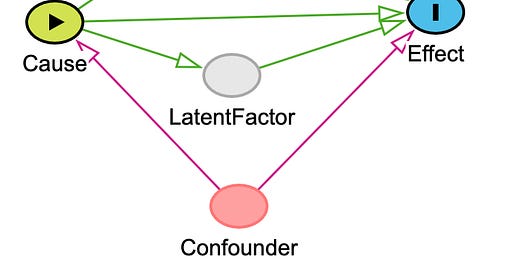I’m thrilled to announce the latest addition to Stats4PT:
Understanding Causality in Clinical Research
This lesson dives into one of the most foundational concepts in both research and clinical reasoning—causality. As clinicians, every decision we make is built on causal assumptions, whether derived from structured research or personal experience. This page explores how causality forms the bridge between evidence and practice.
What You’ll Learn
Defining Causality: What it is, why it matters, and how it connects research to clinical reasoning.
Critical Realist Perspectives: How Bhaskar’s domains (Empirical, Actual, and Real) enhance our understanding of cause-effect relationships.
Causal Models in Action: The role of tools like Directed Acyclic Graphs (DAGs) and how they help visualize open systems in clinical care.
The difference between an empirical (research) causal model and an expanded (clinically useful) causal model.
Practical Implications: How understanding causality improves decision-making for individual patients in dynamic, context-sensitive environments.
Highlights
The lesson shares real-world examples, such as the debate over traction in physical therapy, to illustrate the importance of understanding why and when interventions work, not just whether they work. Plus, we introduce how tools like DAGitty and its derivative application Models4PT (in development) can make it easier to incorporate mechanisms and latent variables into clinical and research reasoning.
What’s Next?
The next lesson will focus on Bayesian Reasoning for Clinical Decision-Making, where we’ll explore how clinicians can update probabilities and refine decisions as new evidence emerges.
Read the Full Page
Click to explore the full lesson: Understanding Causality in Clinical Research.
For the full line up of upcoming lessons - see the main page: Stats4PT
Don’t forget to share your thoughts and feedback in the comments either on the Stats4PT page, on any of the lesson pages, or below —I’d love to hear how causality shapes your clinical or research decisions!




